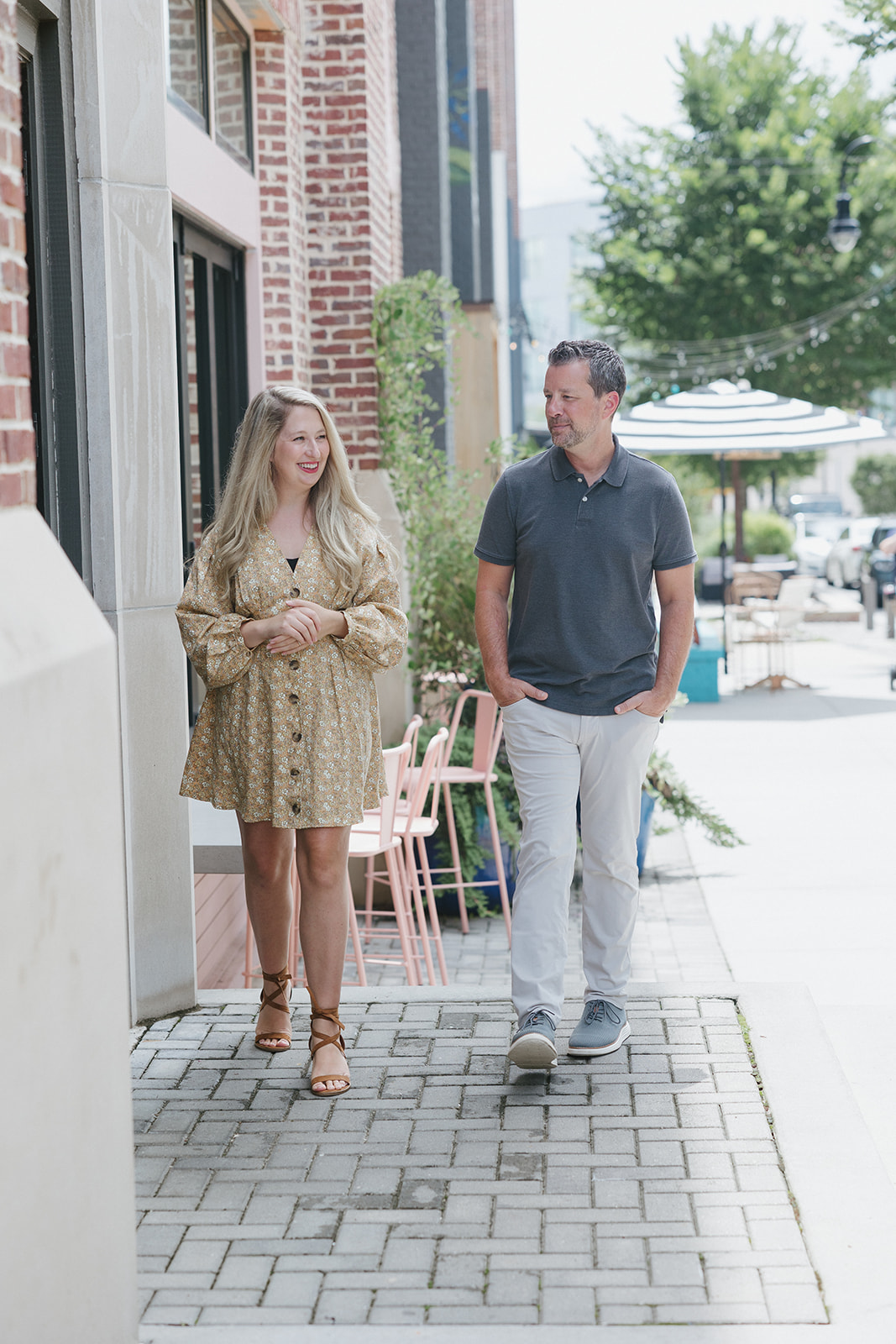by Mary Laughlin
Most parents desire to raise healthy children across all areas of wellbeing. It’s common to see parents give their children experiences that will help them succeed physically, socially, and academically – hopefully helping them build confidence and skill along the way. And while this may be true, opportunities to intentionally build resilience and character are often overlooked. Parents often choose to protect children from “safe risk” or adversity and in turn shield them from the opportunity to develop distress tolerance. Distress tolerance is the ability to handle emotional situations without becoming overwhelmed. This skill is especially challenging to teach when families go through periods of stress. It’s in these moments, however, that we have a powerful opportunity to help our children develop the tools they will need to handle life’s difficulties as they grow older.
So how do you know if you are raising a child or helping your child grow into a healthy adult? Consider the following questions:
- Do I try to rescue my child from feeling the discomfort of consequences for their actions?
- Do I hold my child accountable to what I ask of them?
- Do I comfort my child every time they feel hurt or upset (instead of giving them the opportunity to feel and work through their emotions?)
- Do I give in when they disagree or pitch a fit?
- Do I give them opportunities to try new things?
- Do I acknowledge all their emotions and give them space to feel angry, sad, or afraid?
- Do I model healthy conflict?
- Do I have boundaries in my relationships with others? (As the saying goes, “More is caught than taught!”)
- Do I have my own support team of other parents, friends, family members, and counselors around me?
Raising a child is not for the faint of heart, but thankfully our children don’t need perfect parents- they need “good-enough” parents that are willing to take a hard look at themselves and realize potential areas of growth in their own lives so that their children can “catch” healthy behaviors. They often need less doing and more learning “to be” the beautifully complex humans that they are – and this requires us to be the adult that can sit with their uncomfortable emotions. In the weeks to come, we’ll be looking more at how reasonable frustration can be a conduit for growth – both for parents and children alike.











